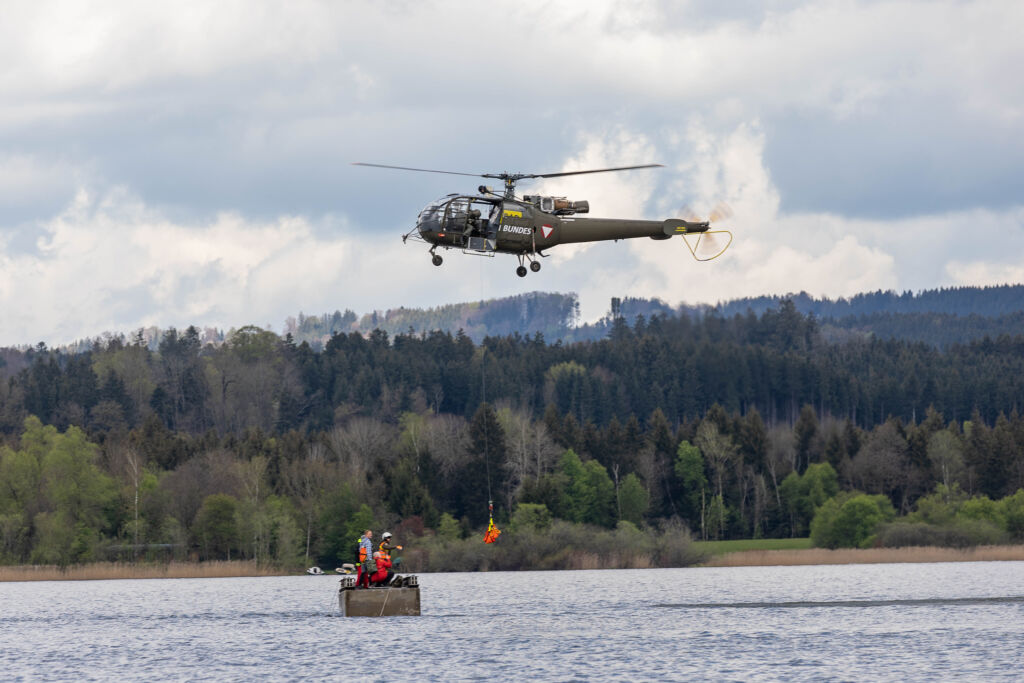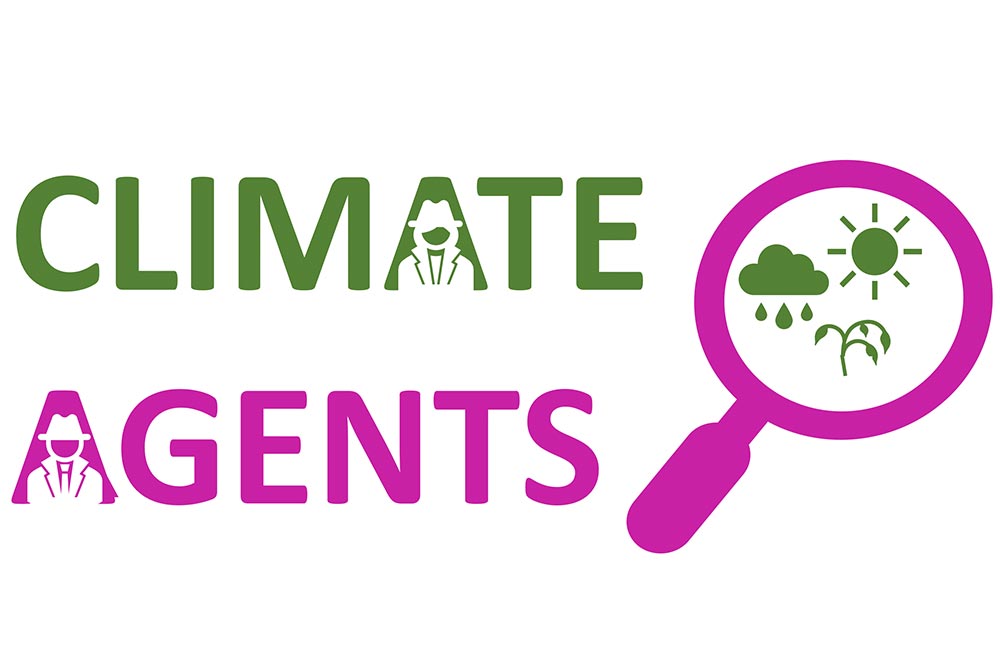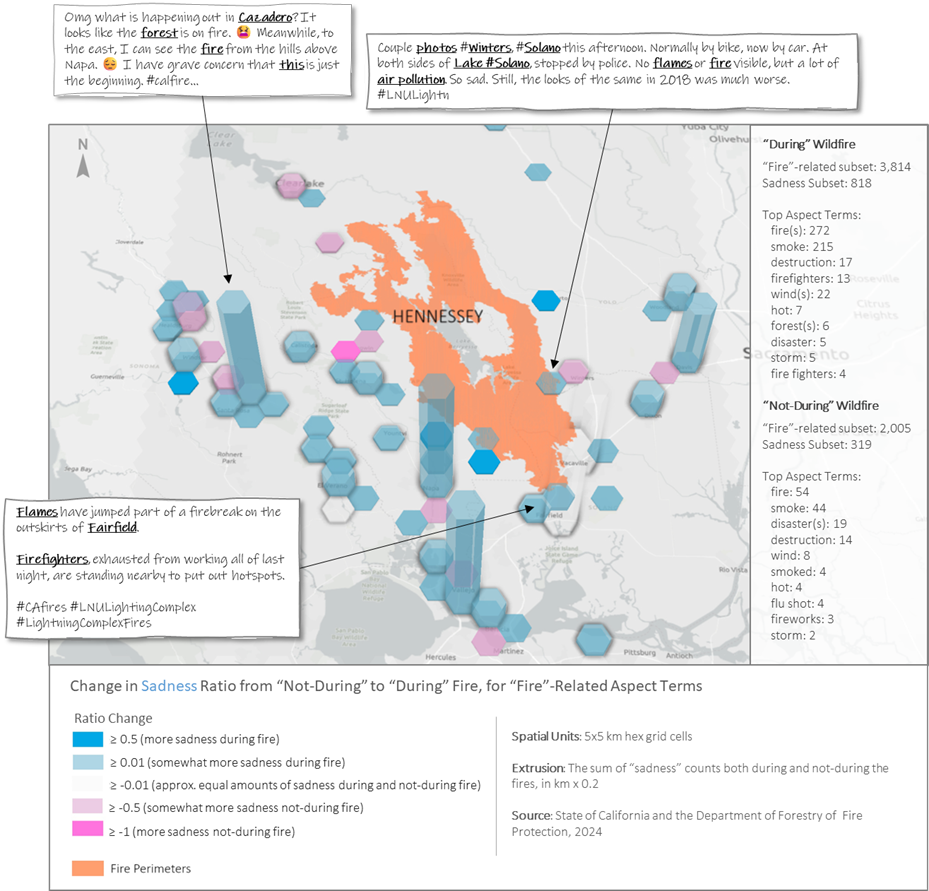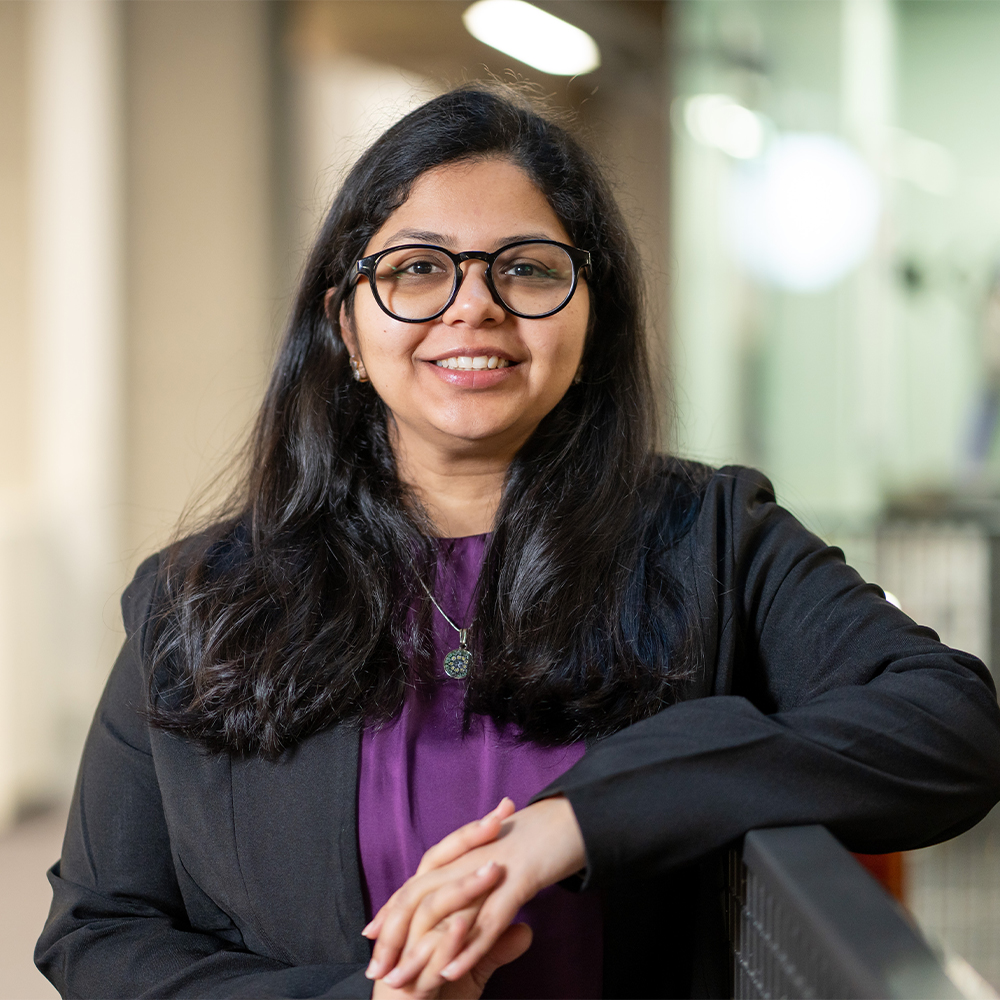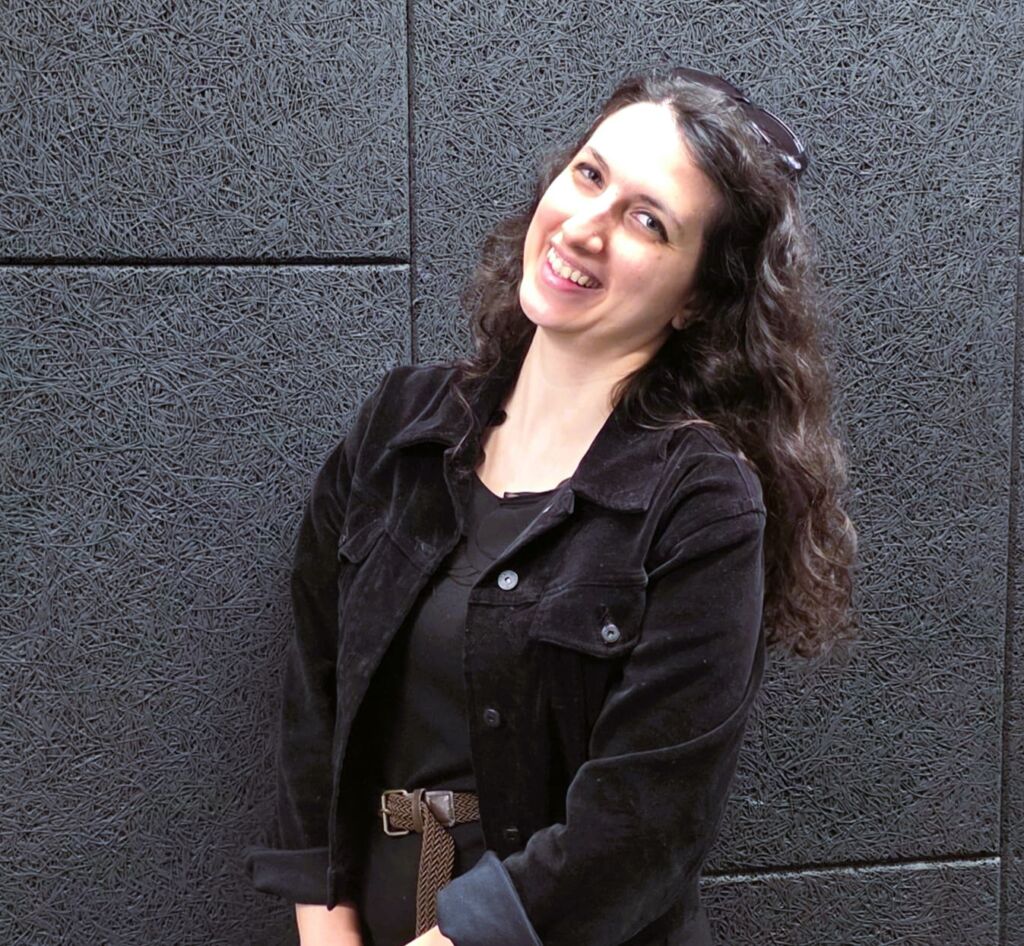Geosocial Artificial Intelligence
The growing influence of digital data and tools, along with recent advancements in AI, is transforming how we approach research. With the increasing availability of large, open datasets—ranging from social media posts and news articles to physiological measurements and mobile phone records—entirely new fields of study are emerging. Many of these datasets include geospatial references, offering unique insights into spatial structures across a variety of real-world contexts, such as disaster management, urban well-being, mobility planning, and democratic-political developments.

 Bernd Resch
Bernd Resch